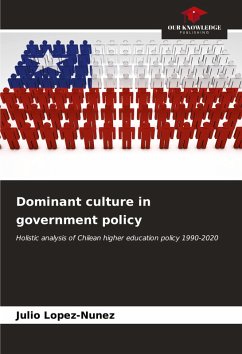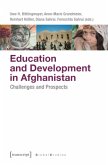An effective public policy is characterized by a comprehensive design that comprehensively addresses social problems. This implies not only the creation of appropriate legislation, but also the implementation of evaluation and monitoring processes over time. Specifically in the context of higher education, a well-conceived policy plays a fundamental role in building a more equitable society, based on principles of social justice and inclusion. This requires the State to assume responsibility for promoting equitable conditions of access and opportunities for all individuals. To achieve this, it is necessary to implement measures that guarantee equal opportunities in access to higher education and, at the same time, promote the quality and relevance of academic programs. This research explores the influence that the World Bank and the OECD have had on the design of Chilean higher education policy during the last three decades, using the Critical Theory perspective, a critical analysis of Chilean higher education policy from 1990 to 2020 is carried out.
Bitte wählen Sie Ihr Anliegen aus.
Rechnungen
Retourenschein anfordern
Bestellstatus
Storno








